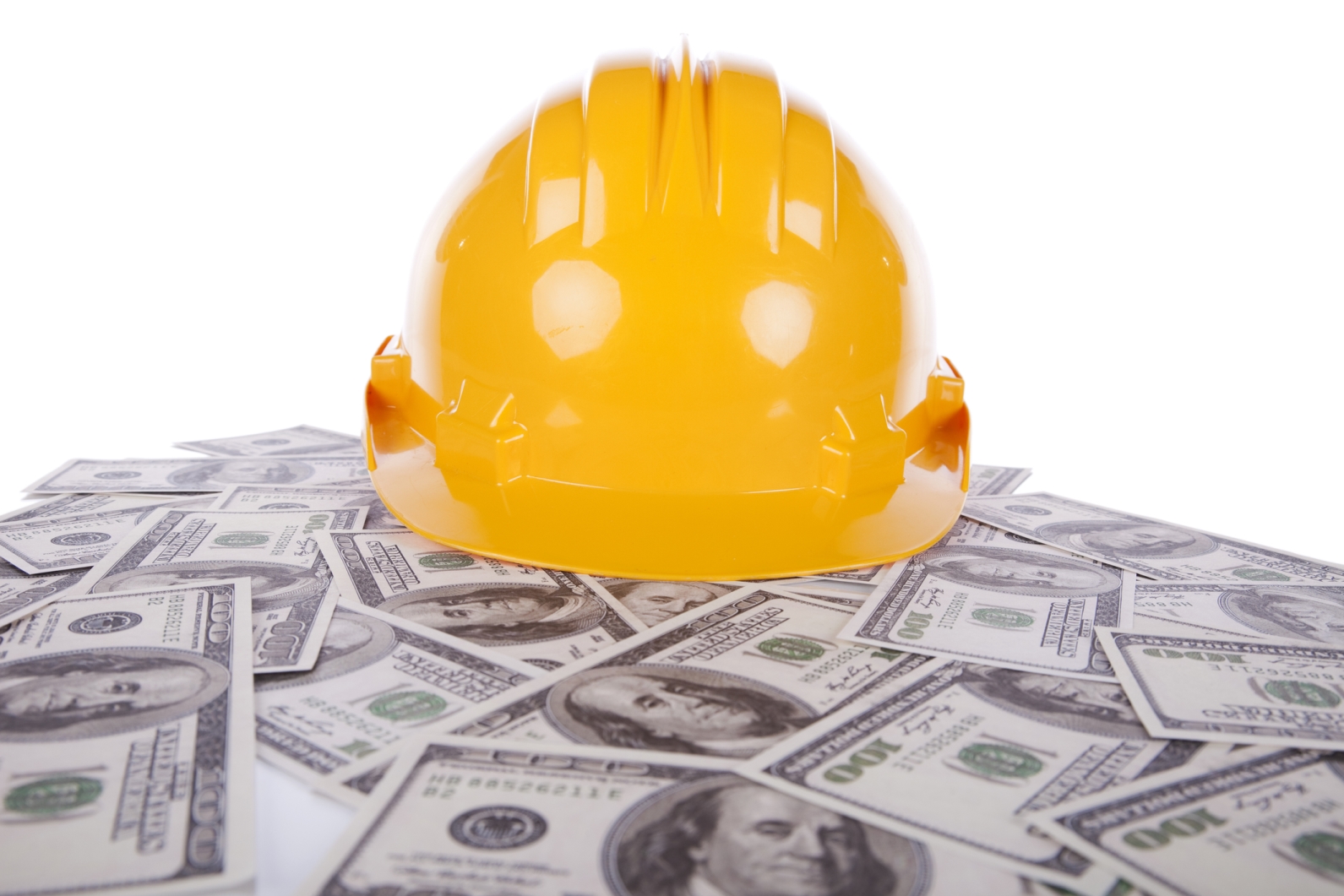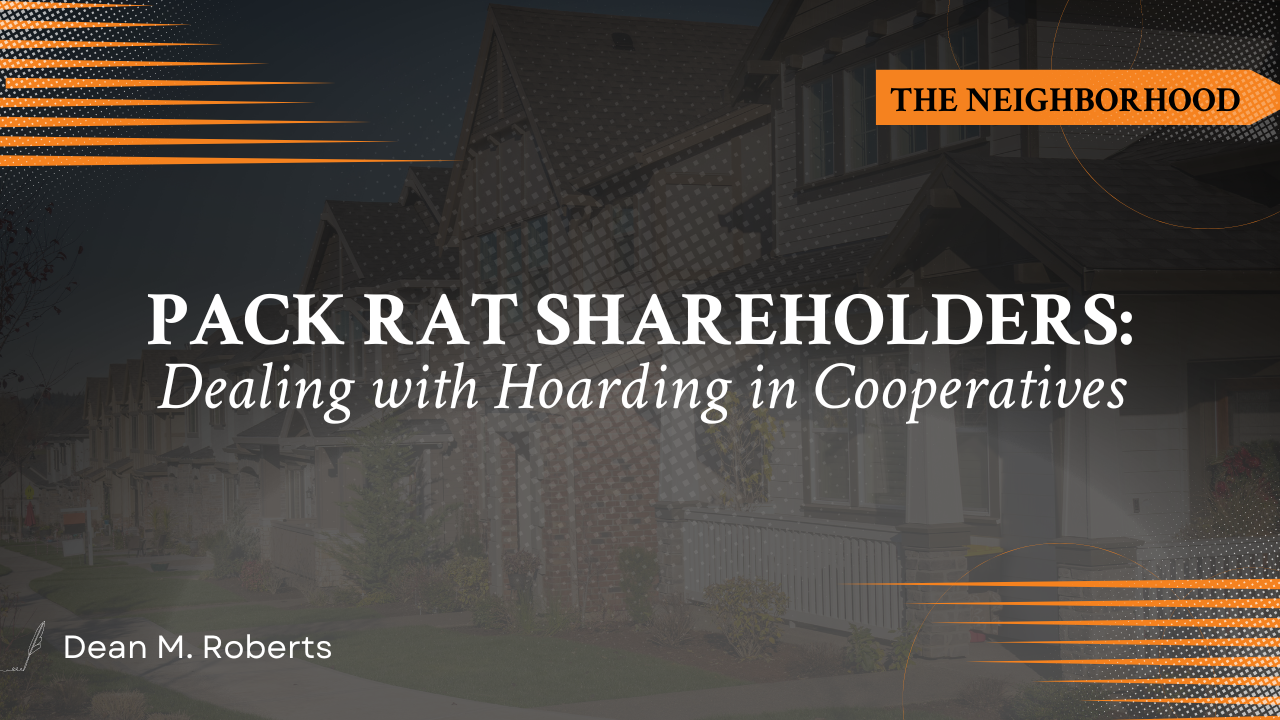Mechanic’s Lien Waivers in Contracts Are Generally Not Enforceable: Co-op Boards Beware

All too often, co-op boards become entangled in disputes with contractors and subcontractors who perform work, not on the building's common areas, but within individual apartments for a shareholder or unit owner. Typically this happens when the shareholder or unit owner fails to pay the contractor or subcontractor who did the work, and the contractor or subcontractor then files a mechanic’s lien under New York State’s Lien Law. This law provides that a licensed contractor, subcontractor, or supplier of materials may file a mechanic's lien for the unpaid balance due on labor and materials provided to improve real property, such as a unit owner’s apartment. The mechanic’s lien acts as an encumbrance upon the real property where the work took place, and acts as security for the contractor to ensure he or she will be paid, if they prove in a lawsuit that they are entitled to payment for work they performed.
In co-ops, where shareholders or unit owners own stock and a proprietary lease to an apartment, the real property to be subjected to a mechanic’s lien is the underlying property - the building as a whole- and not just the individual unit. That means that if the co-op consents to the work being performed on an individual unit, a mechanic’s lien filed against the building as a whole may be enforceable. Courts have held that even implicit consent by a co-op board may be sufficient for purposes of finding that the board “consented” to the work, to permit the filing of a mechanic’s lien against the building. So, if a co-op board of directors signs an alteration agreement with the unit owner regarding the construction work to be performed in the unit, or even without a signed alteration agreement if the co-op board was aware of the work or if it was performed openly in the building, courts may find a mechanic’s lien filed against the building as a whole to be enforceable (of course, there are other requirements that contractors must meet before the mechanic’s lien will be enforceable).
In an effort to avoid such disputes, co-op boards may try to have their unit owners include a mechanic’s lien waiver in their construction contracts. However, such provisions will not be enforceable, and will not prevent mechanic’s liens from being filed against the building. New York Lien Law Section 34 is clear that “any contract, agreement or understanding whereby the right to file or enforce any [mechanic’s] lien is waived, shall be void as against public policy and unenforceable.” Therefore, it is prudent for co-op boards to instead include requirements in their alteration agreements with their unit owners that require the individual unit owner to discharge (by bond or payment) any mechanic’s liens filed due to construction in their unit within seven days of the filing of any mechanic’s lien (or alternatively, to permit the co-op board to so discharge and chargeback any and all costs, including reasonable attorney’s fees and bonding costs, to the individual unit owner).
If you have questions about this post or any related matters, please feel free to contact our Cooperative ("Co-op") and Condominium Law Industry Group.



